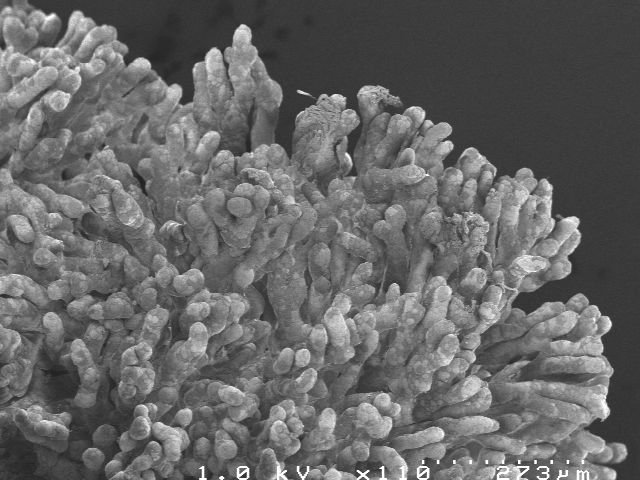Departments of Neonatology & Pharmacology

Main placenta-related topics:
At the Erasmus MC Placenta Lab, we aim to dismantle placental alterations in pregnancy-related disorders and uncover new therapeutic targets to improve fetal and neonatal health. We utilize various human placenta ex vivo models to study the transfer of (novel) drugs over the placenta as well as their effects on the placenta. A close collaboration between the departments of Neonatology, Pharmacology, Gynecology and Pathology allows us to execute this research with placentas from both uncomplicated as well as pathological pregnancies, estimating the safety and understanding the mechanisms of action of drugs in specifically those placentas that are aberrant.
Techniques & Technologies:
- Dual-sided ex vivo cotyledon perfusion
- Wire myography
- Placenta explants
- Trophoblast organoids
Principal Investigators
- Prof. Dr. Irwin. K.M. Reiss
- Prof. Dr. A.H. Jan Danser
- Dr. Sinno Simons
PhD students & Postdocs
- Dr. Michelle Broekhuizen
- Olivier Schäffers
- Lunbo Tan
- Ans Kluivers
- Madhavi Harhangi












